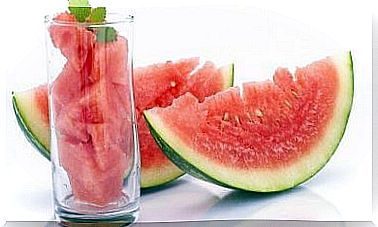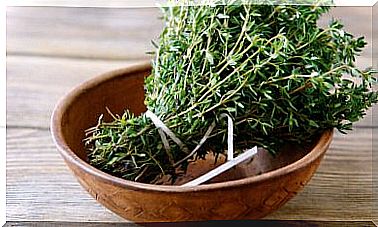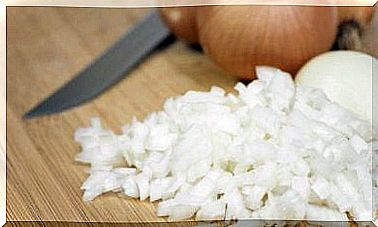The 10 Best Foods To Protect The Heart
A balanced diet rich in healthy foods, like the ones we discuss here, will help you protect your heart and enjoy good health.
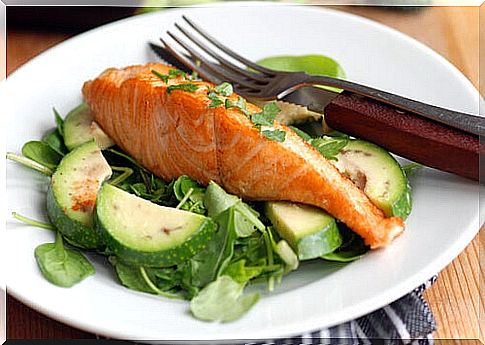
Although many still ignore it , the food plays a major role in physical and mental health. Through this, we provide the body with the nutrients it requires for each of its systems to function smoothly. Therefore, it is convenient to know what are the best foods to protect the heart.
All of them contain a series of important nutrients for the body that, in short, allow all systems to function properly.
On the other hand, it must be clear that certain foods are not so good. For example, those that contain too much fat and sugar directly affect the health of the heart, arteries and circulation. We refer, of course, to fried foods, sweets and the like.
Foods to protect the heart
1. Avocado
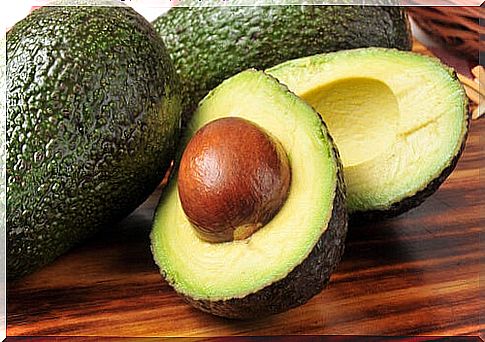
This delicious green pulp fruit is one of the best foods that can be incorporated into the diet on a daily basis. It contains vitamin E and omega 3 fatty acids that reduce inflammation, while protecting us against damage caused by free radicals.
It is also a great ally of circulatory health, ideal for reducing excess bad cholesterol accumulated in them. It contains HDL cholesterol, also known as “good cholesterol”, which prevents disorders such as atherosclerosis.
2. Asparagus
Asparagus is a type of vegetable that, in exchange for very few calories, provides large amounts of vitamins, minerals and antioxidant substances.
They are one of the best foods to protect the heart because they help prevent blood clots and, in turn, lower blood pressure. It is a good source of fiber, an essential nutrient that participates in the reduction of cholesterol and triglyceride levels.
3. Grenades
The phytochemicals in pomegranates are very powerful antioxidants that protect arteries against oxidative damage from free radicals. Its juice increases the production of nitric oxide in the body, which improves blood flow.
4. Turmeric
This spice stands out for its powerful anti-inflammatory and antioxidant qualities. Its regular consumption prevents inflammation and arterial hardening and, in turn, helps maintain adequate blood flow. It serves to prevent the formation of blood clots and regulate cholesterol levels and blood pressure.
5. Blueberries
Blueberries are one of the fruits with the highest antioxidant power. Its regular consumption helps control cholesterol levels and prevent heart problems.
6. Oats
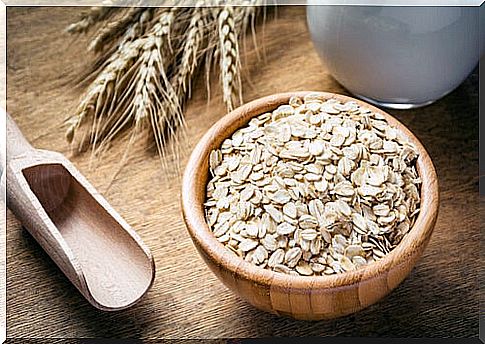
One of the best foods to protect the heart is oats. In fact, the consumption of oats is one hundred percent recommended for all types of diets, since it promotes digestion, helps reduce cholesterol and provides the body with a good energy supply.
Its high fiber content prolongs the feeling of fullness and supports the body’s weight loss processes. In addition, thanks to its nutritional value, it is recommended to prevent atherosclerosis and other cardiovascular disorders.
7. Blue fish
All varieties of oily fish are a very important source of omega 3, a type of healthy fat that supports the elimination of bad cholesterol present in the arteries.
On the other hand, they have an anti-inflammatory action that prevents heart disease and joint difficulties. The most recommended are:
- Mackerel.
- The tuna.
- The salmon.
- The trout.
- Herring.
- Sardines.
8. Olive oil
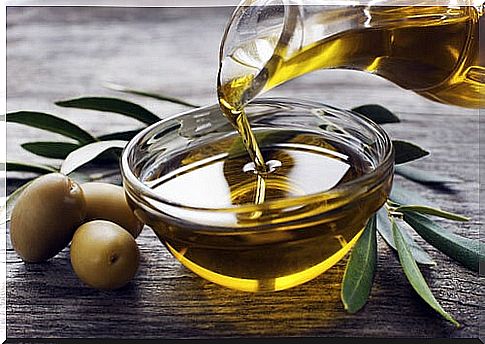
Extra virgin olive oil is a type of healthy fat that can be added, without problem, to the diet because it represents a great ally for cardiovascular health.
Being of the monounsaturated type, it is less likely to oxidize, which prevents the increase in cholesterol and the formation of plaque on the arterial walls.
9. Tomatoes
In addition to having a perfect flavor to add to many recipes, tomatoes are a great source of lycopene, a type of antioxidant that reduces the risk of high cholesterol and arterial blockage. They also contain vitamins A and C, which support cleansing of the blood to improve circulation and reduce the presence of toxins.
10. Broccoli
This cruciferous vegetable contains vitamin K and calcium, two nutrients that support arterial and bone health. In addition, it makes a great contribution of fiber, which helps regulate high blood pressure and cholesterol levels.
Some recommendations
To take full advantage of the properties of these foods, be sure to inquire about what is most convenient: whether to consume them raw or with a certain type of cooking.
Remember that, in the event that you cook them, you must be attentive to the time so as not to strip them of their properties.
On the other hand, when dressing a meal with these foods, it is important to make sure what is the healthiest. For example, there are sauces made with natural tomato that are very good to enjoy a good blue fish, but you can also enjoy it with a little lemon juice.
Finally, it is necessary to remember that, to take advantage of the qualities of food to protect the heart, it is necessary to consume them on a regular basis and supplement the diet with a healthy lifestyle.
The desired benefits for the cardiovascular system will depend on the set of good habits that are followed.







